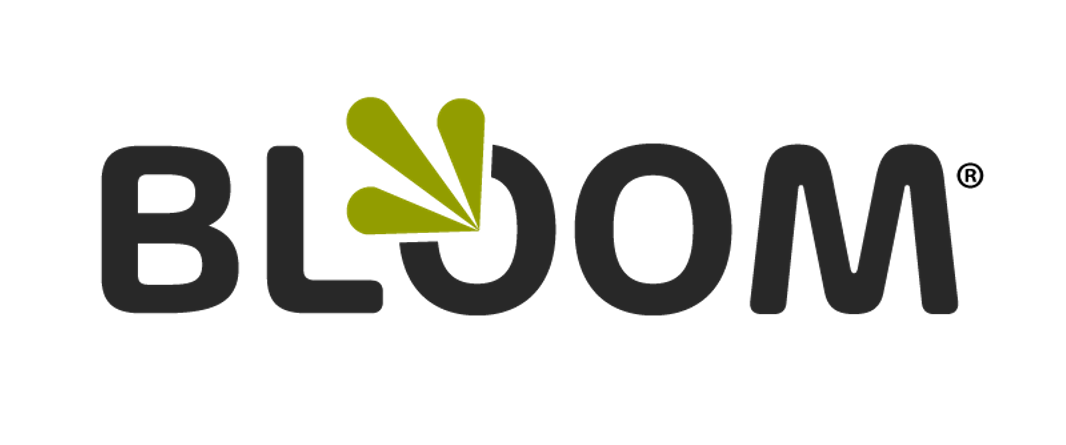Understanding Your Employees: Spotlight on Millennials
What is a Millennial?
The most straightforward identifier of someone in the Millennial generation is that they were born between 1980 and 2000. Attitudinal and behavioral tendencies generally observed in this generation include:
Prolonged adolescence
Better educated than previous generations
“Helicopter parents” have instilled a strong sense of the Millennials’ uniqueness, which leads to the belief that they are special and should be treated as such
Use of technology comes as second nature
What Millennials mean for your business
The above description of Millennials may indicate that they have a warped sense of reality, and to some extent, that’s true. But they’re also a tolerant, tech-savvy bunch that can help move your organization into one that makes more effective use of technology, builds a stronger community (internal and external), and fosters trust. They were born in the era of laptops, iPods, Facebook, and Twitter, and they know how to use them effectively.
Millennials tend to be civic-minded and confident, valuing diversity and achievement
They like to be challenged. They want to enjoy their work and leave it at work (not take it home, as their parents did); if they don’t, they will seek more meaningful work elsewhere. Use this information along with their Kolbe Indexes® to align your Millennial employees with your business strategy.
Your business will benefit from Millennials’ persistence, optimism, diversity, confidence, and multitasking abilities. However, you’ll need to provide plenty of structure and opportunities for them to grow their experience working with people. You can optimize Millennials’ performance by:
Budget plenty of time for orienting them and creating a clear picture of the work environment and expectations
Learning about the employee's goals and developing a strategy for weaving them into job performance
Setting employee goals (short- and long-term)
Growing your training department and providing opportunities for professional development and continuing education
Demonstrating and developing strong leadership
Where there are many Millennials, consider expanding team sizes and appointing a strong team leader
Offering assistance with handling difficult people issues
Establishing strong mentoring programs - matching young workers with the most seasoned people with whom they resonate
The Pew Research Center is currently working on a year-long series of reports that will profile the generation known as Millennials, enabling employers to gain a deeper understanding of the drivers and motivators that this group responds to.
What are some ways you have succeeded in working with Millennials in your organization?
